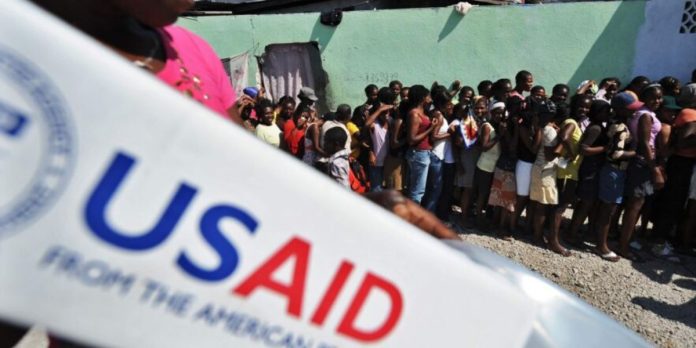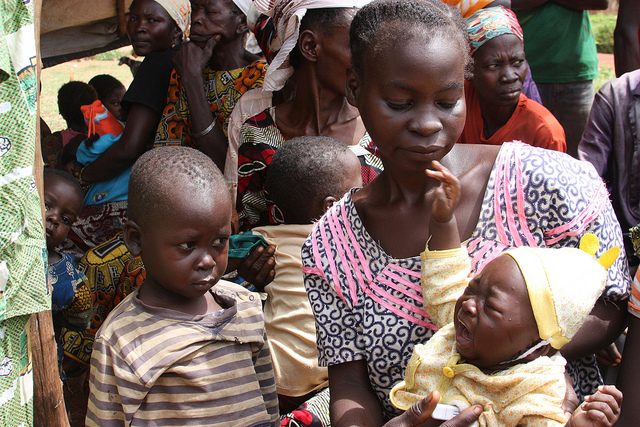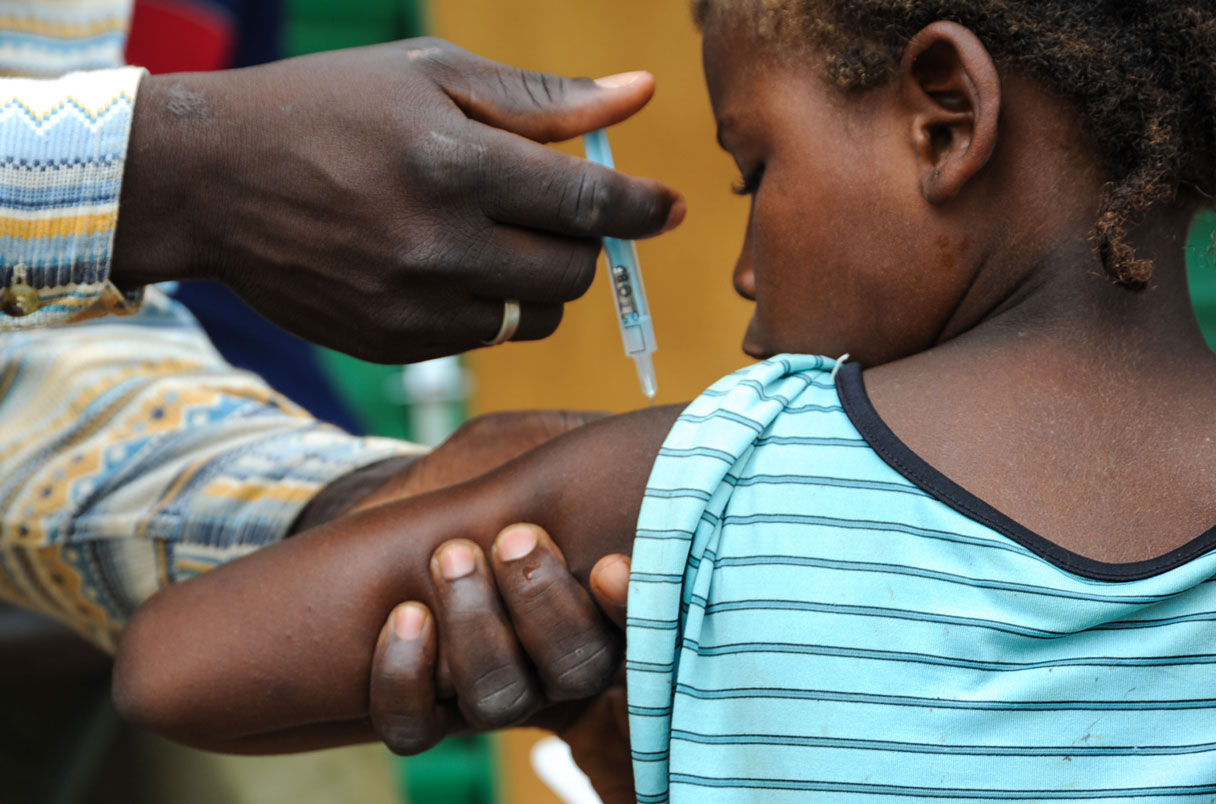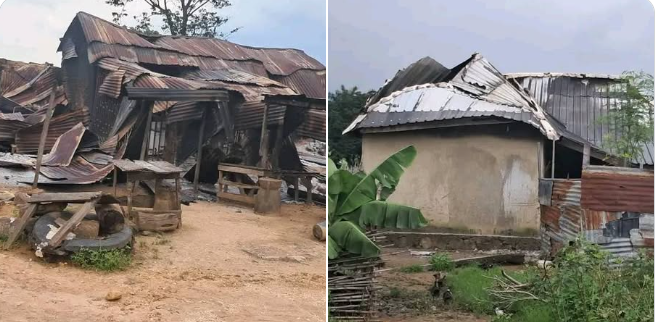The recent cuts to USAID funding have led to widespread closures of health clinics across several African nations, severely impacting HIV/AIDS treatment, maternal health services, and disease prevention programs.
Uganda: HIV Clinics Shut Down Amid 'Total Panic'
In Uganda, the government has announced the closure of all dedicated HIV/AIDS and tuberculosis clinics due to the loss of USAID support. These facilities previously provided antiretroviral therapy to approximately 1.5 million people. The shutdowns have forced patients to seek care in general hospitals, which often lack the specialized infrastructure required for effective treatment. Health workers report running out of essential supplies, and there are growing concerns about a resurgence in HIV infections and increased drug resistance. Community leaders describe the situation as one of 'total panic' .
Ivory Coast: Massive Clinic Closures Disrupt HIV Care
In the Ivory Coast, the termination of USAID programs has resulted in the closure of 516 health facilities, disrupting treatment for over 400,000 individuals living with HIV. This has displaced more than 8,600 healthcare workers, including doctors and nurses, severely undermining the country's capacity to manage HIV/AIDS effectively .
South Africa: Orphaned Children Lose Access to HIV Support
South Africa's public health system is facing turmoil following the cancellation of USAID funding agreements. A notable impact is the closure of a program that provided HIV medication support to orphaned children. Additionally, HIV testing services have been severely affected in some areas, leading to decreased testing rates and potential increases in undiagnosed cases .
Broader Implications Across the Continent
The USAID funding cuts have also impacted other countries:
-
South Sudan: The closure of health centers due to funding cuts has led to reduced access to healthcare, contributing to a cholera outbreak that has claimed multiple lives .
-
Sierra Leone: The cessation of USAID's neglected tropical diseases program has halted progress in combating diseases like river blindness and schistosomiasis, putting over 100 million people at risk of resurgence .
These developments underscore the critical role that sustained international aid plays in maintaining public health infrastructure and services across Africa.

.jpg)









